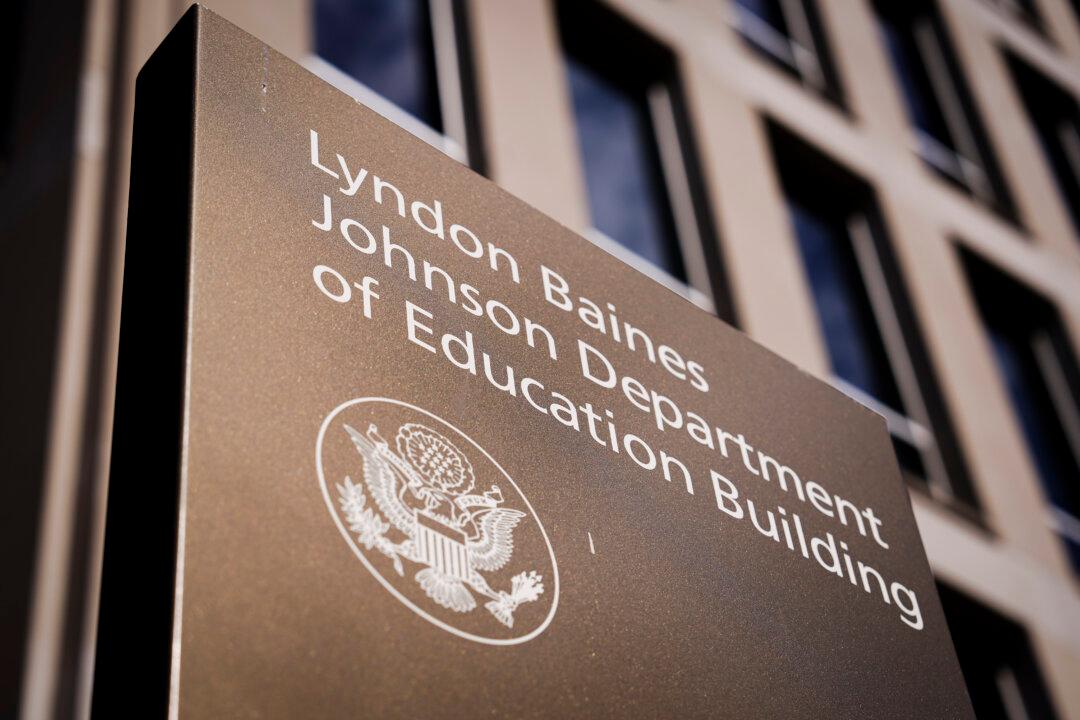Top Republicans in the Tennessee legislature are meeting on Nov. 6 to discuss the possibility of turning down federal education assistance for the K-12 schools in their state.
House Speaker Cameron Sexton (R) introduced a bill earlier this year to explore the idea of halting the acceptance of almost $1.8 billion of federal K-12 education dollars. The newly formed working group of 10 legislators could bring that idea closer to becoming a reality.





